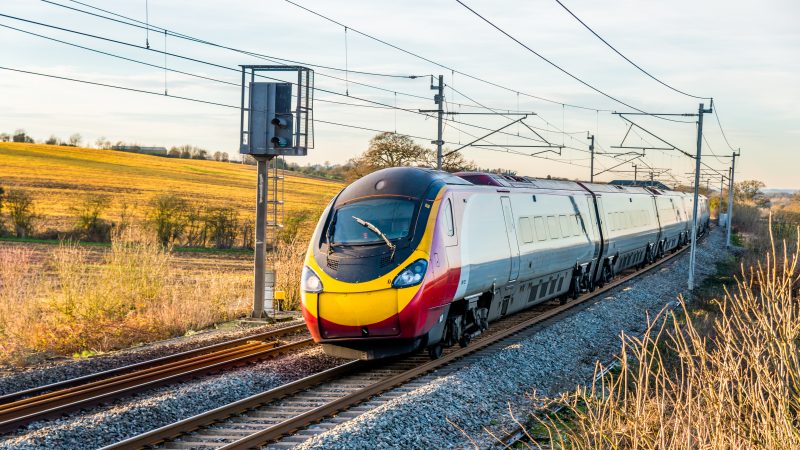
Rail union TSSA has accused the government of “deliberate deception” over its handling of the national rail dispute after Mark Harper suggested that rail companies would not be able to make a higher pay offer to striking workers.
In an interview with BBC Radio 4’s Today programme this morning, the Transport Secretary said train-operating companies have already made a “fair and reasonable offer”, adding: “What they’ve got to do is thrash out with the trade unions reforms to some of the outdated working practices.”
On whether he would approve companies making a higher offer, Harper said: “There’s not a bottomless pit of taxpayers’ money to throw at this problem. There is a fair and reasonable offer on the table that is comparable to the sort of pay deals that people listening to this programme are getting across the economy.”
TSSA has alleged that the government is “actively blocking” a deal that would end the long-running dispute over pay, job security and conditions.
Interim TSSA general secretary Frank Ward said today: “The Transport Secretary came into office just a few months ago saying his top priority was solving the rail dispute, but his comments today highlight how the government is clipping the wings of the train companies who want to move to a solution.
“It’s nothing short of a deliberate deception to suggest on the one hand that train operators and unions have to find a solution, while at the same time actively blocking any improvements to a possible deal.
“It’s time ministers truly acted in good faith and realised that the smoke and mirrors approach they seem intent on pursuing will only result in further industrial action, because our members know their demands are both just and reasonable.”
As many as 40,000 members of fellow rail union the RMT are thought to be taking part in industrial action today in the first of two 48-hour strikes this week. Members of train drivers’ union ASLEF are scheduled to walk out on Thursday.
RMT general secretary Mick Lynch today accused Harper of not telling the “whole truth” about negotiations over the rail dispute, claiming that ministers had added “eight or nine bullet points” to a document agreed by the unions and train-operating companies, which Lynch said “completely undermined the negotiations”.
TSSA members working at several train-operating companies – including CrossCountry, East Midlands Railway and Great Western Railway – took part in several days of industrial action in December.
The strikes followed widespread action across the UK’s rail network over the summer. Approximately one in five trains across half of the rail network were thought to have been running on July 27th after members of the RMT and TSSA went on strike.
TSSA announced in December that it has put several companies on notice for more industrial action in the coming months by re-balloting members “along new lines”. It said the new ballots were “aimed at ending government efforts to block progress towards a deal”.
The union said it plans to ballot different groups of members separately “to maximise industrial strength and turnout, reflecting the feeling across different groups fighting for better pay, job security and conditions”.
The companies involved in the fresh ballots are Avanti West Coast, c2c, East Midlands Railway, Southeastern, TransPennine Express, CrossCountry, Greater Anglia, Great Western Railway, LNER and Northern.
The TSSA announced in December that its members at Network Rail had voted to accept an offer from the company worth a minimum 9% pay rise, in addition to other financial rewards, job security to 2025 and guarantees on terms and conditions.
The union revealed that 85% of the 2,500 members balloted voted in favour of the offer on a turnout of 70%, in what organising director Luke Chester described as a “decisive result”.




More from LabourList
‘Labour is being badly misled on housing’
Reeves bets on patience over populism
‘Energy efficiency changes must work for older private renters’